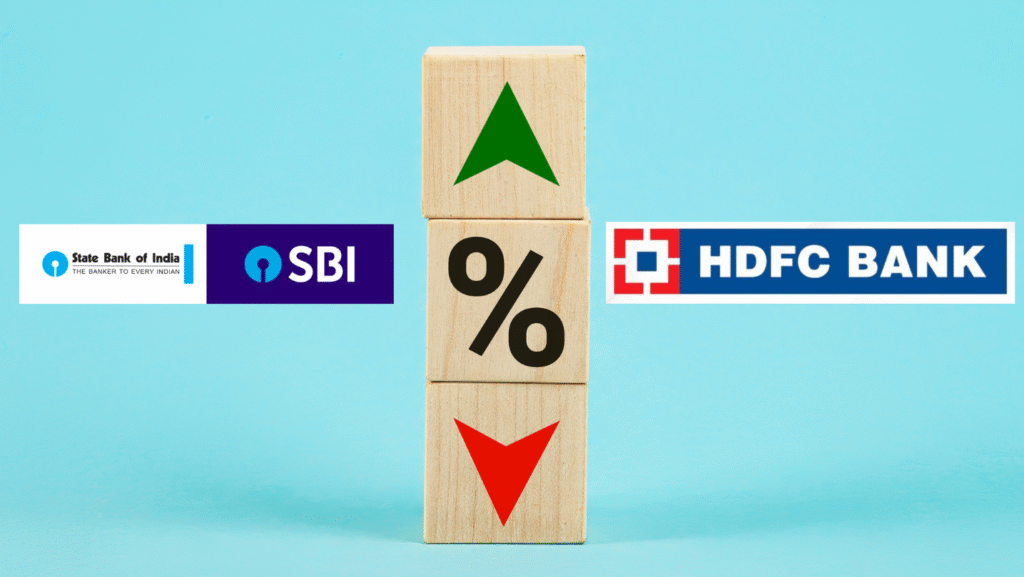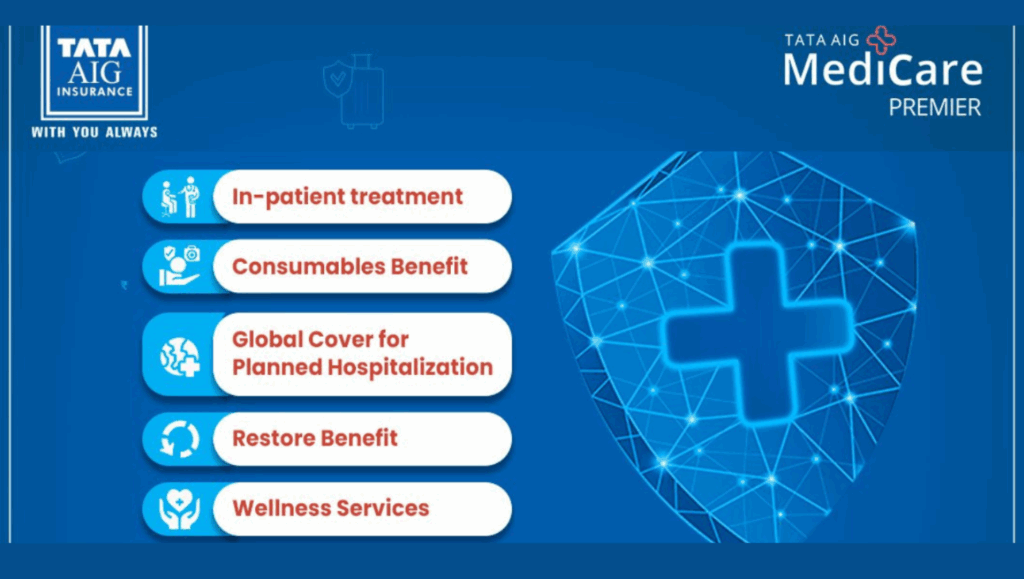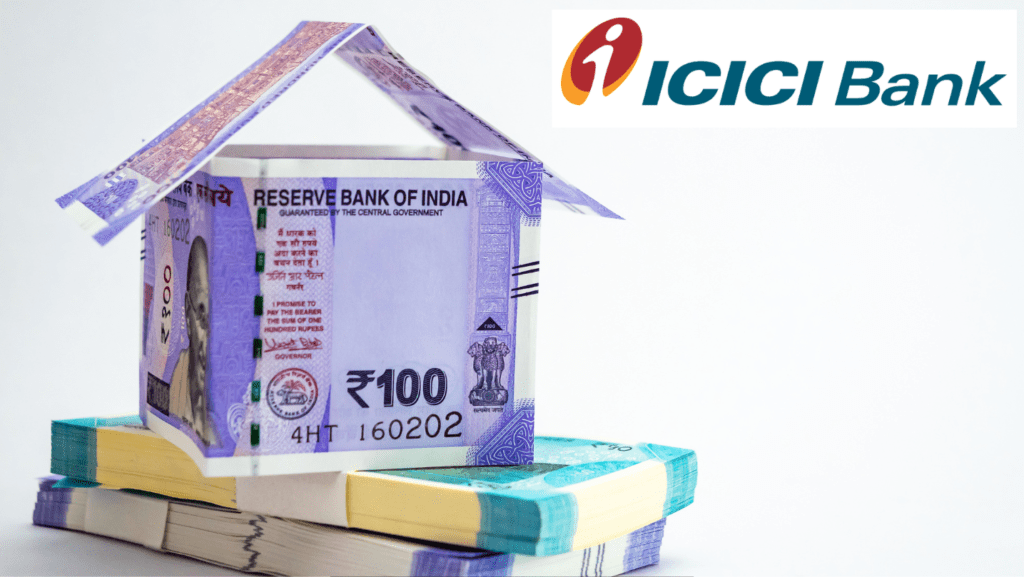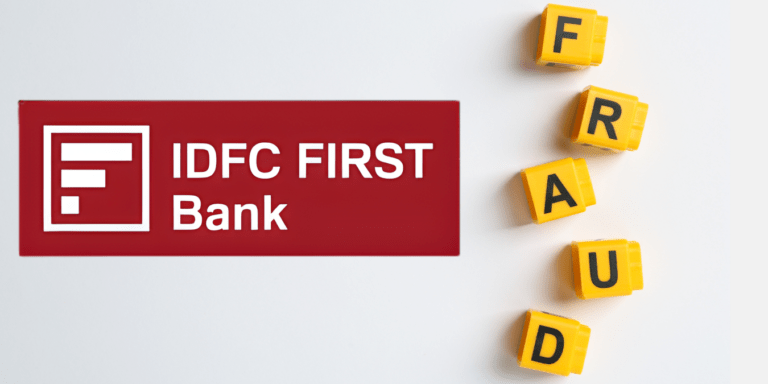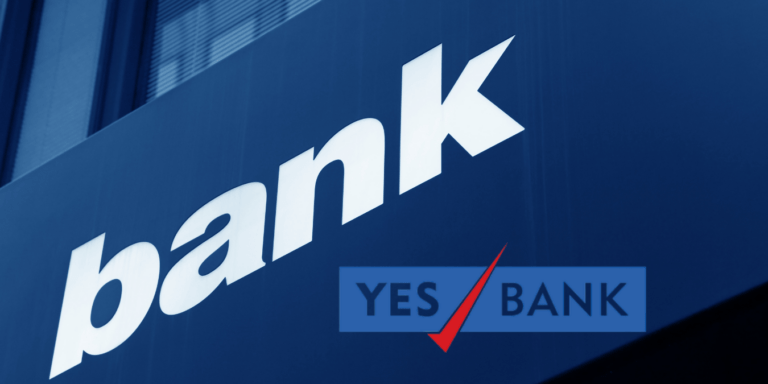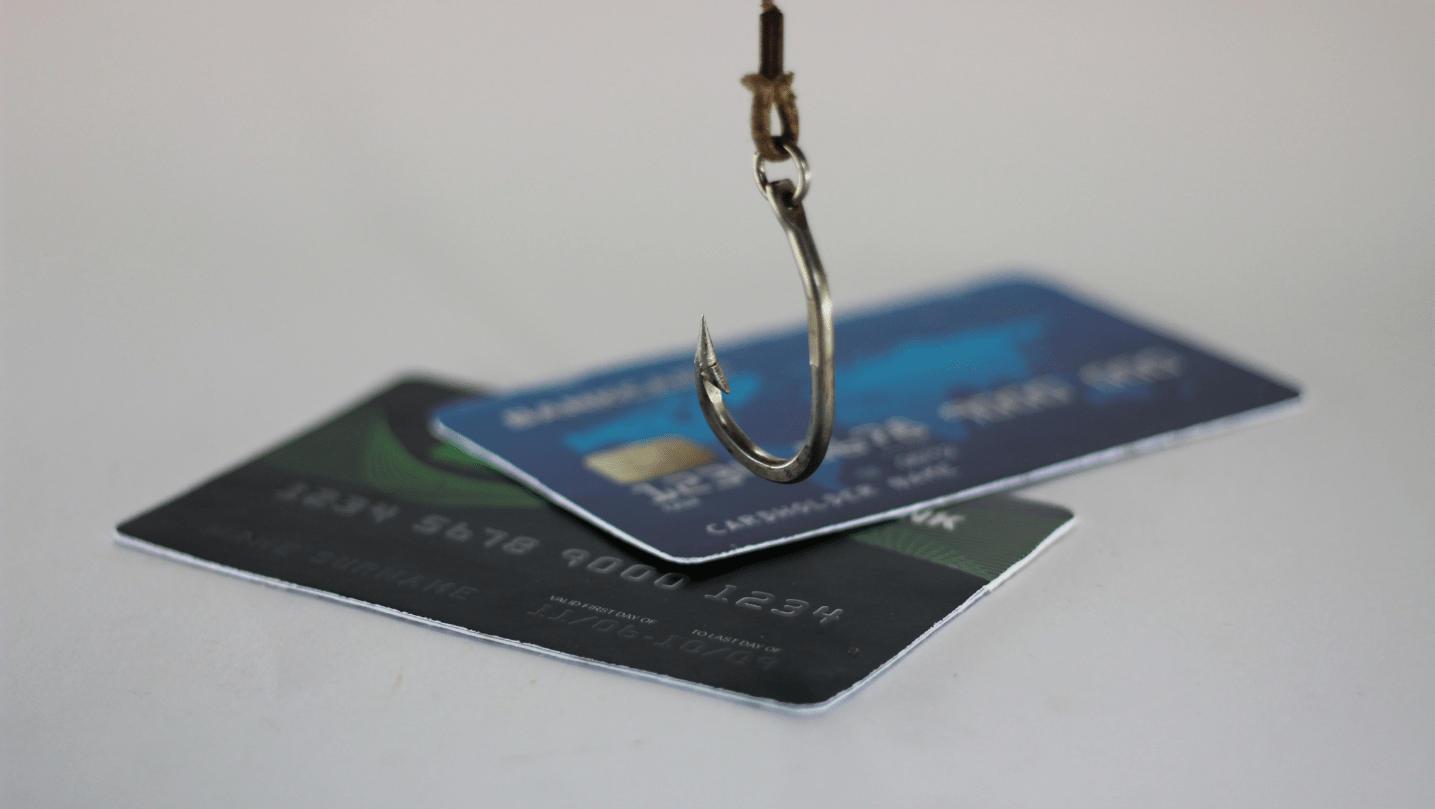
” Wondering what happens to your credit card debt after death? Discover if family inherits liability, who pays unpaid balances, and how creditors handle debt. Learn the legal truths to protect your loved ones. Get answers now! “
The question of what happens to credit card liability after death is one that many Indians ponder but seldom address. With the rise in credit card usage across India—evidenced by the Reserve Bank of India (RBI) reporting over 97 million credit cards in circulation as of December 2024—understanding the fate of credit card debt after one’s passing is crucial for financial planning. This blog post delves into the intricacies of credit card liability post-death in India, offering clarity on legal, financial, and procedural aspects. Packed with the latest data, expert insights, and actionable advice, this guide aims to inform and empower readers.
Why Credit Card Liability After Death Matters
Death is an inevitable part of life, yet its financial implications are often overlooked. In India, where credit cards are a popular tool for managing expenses, unpaid credit card debt can create confusion and stress for surviving family members. According to a 2024 TransUnion CIBIL report, the average credit card balance per user in India is approximately ₹45,000, with delinquency rates hovering at 2.5%. These figures underscore the importance of understanding what happens to credit card liability after the cardholder’s demise.
This blog addresses critical questions: Does credit card debt vanish after death? Can banks pursue family members for repayment? How does the Indian legal system handle such cases? By exploring these topics with the latest data and SEO-optimized content, we aim to provide a resource that ranks high on Google while serving as a reliable guide for readers.
Understanding Credit Card Debt in India
Credit card usage in India has surged over the past decade, driven by digital payments and e-commerce growth. As per RBI’s February 2025 bulletin, credit card spending reached ₹18.26 lakh crore in 2024, a 30% increase from the previous year. However, with increased usage comes the risk of accumulating debt, especially if payments are missed or only minimum amounts are paid.
Credit card debt is classified as unsecured debt in India, meaning it is not backed by collateral like a home or car. This distinction plays a significant role in determining liability after the cardholder’s death. Unlike secured loans, where banks can seize assets, credit card debt recovery relies on the deceased’s estate or specific legal provisions.
Legal Framework Governing Credit Card Debt After Death
In India, the handling of credit card debt after death is governed by a combination of laws, including:
- The Indian Succession Act, 1925: This law outlines how a deceased person’s estate is distributed, including the settlement of debts.
- The Banking Regulation Act, 1949: Governs banking operations, including debt recovery by banks.
- RBI Guidelines: The RBI provides directives on fair practices for debt collection and settlement.
- Personal Laws: Hindu, Muslim, or other personal laws may influence estate distribution, depending on the deceased’s religion.
When a cardholder dies, banks cannot arbitrarily demand repayment from family members unless specific conditions apply (e.g., joint accounts or guarantees). The legal process typically involves the executor or administrator of the estate, who is responsible for settling debts before distributing assets to heirs.
Who Is Responsible for Paying the Debt?
The liability for credit card debt after death depends on the type of account and the individuals involved. Let’s break it down:
Primary Cardholder’s Liability
The primary cardholder is solely responsible for the debt during their lifetime. After their death, the liability does not automatically transfer to anyone else. Instead, the debt is settled from the deceased’s estate—the sum of their assets, including savings, property, and investments.
Co-Signer or Joint Account Holder
If the credit card account has a co-signer or joint holder, the surviving party becomes fully liable for the outstanding balance. Banks can legally pursue the co-signer for repayment, regardless of the primary cardholder’s death. This is a critical point for couples or family members sharing credit card accounts.
Supplementary Cardholders
Supplementary or add-on cardholders, often spouses or children, are not legally responsible for the debt. The liability rests with the primary cardholder’s estate. However, banks may contact supplementary cardholders for payment if they are unaware of the legal nuances, so it’s essential to understand your rights.
Case Study: In a 2023 case reported by The Economic Times, a Mumbai-based widow was harassed by a bank for her deceased husband’s ₹2 lakh credit card debt, despite being only a supplementary cardholder. Legal intervention clarified that the debt was to be settled from the husband’s estate, not her personal funds.
Role of the Estate in Settling Credit Card Debt
The deceased’s estate plays a pivotal role in settling credit card debt. Here’s how the process works:
- Inventory of Assets: The executor or administrator compiles a list of the deceased’s assets, including bank accounts, property, shares, and other investments.
- Debt Prioritization: Debts are prioritized under the Indian Succession Act. Secured debts (e.g., home loans) take precedence over unsecured debts like credit card balances.
- Settlement: The executor uses estate funds to clear outstanding debts. If funds are insufficient, the estate is declared insolvent, and creditors may receive partial or no repayment.
- Distribution: Only after debts are settled can the remaining assets be distributed to heirs per the deceased’s will or personal laws.
Important Note: If the deceased had a will, the executor follows its instructions. In the absence of a will (intestate), personal laws dictate asset distribution, which can complicate debt settlement.
What Happens If There’s No Estate or Insufficient Funds?
If the deceased leaves no estate or the estate lacks sufficient funds, banks cannot pursue family members for repayment unless they are co-signers or guarantors. In such cases, the debt is typically written off as a loss by the bank. According to a 2024 RBI report, banks wrote off ₹2.1 lakh crore in bad debts, including unsecured loans like credit card balances, highlighting the prevalence of such scenarios.
However, banks may attempt to recover dues through persistent communication with family members. It’s advisable to seek legal advice to avoid undue pressure.
Impact on Family Members and Legal Heirs
A common misconception is that family members inherit credit card debt. In India, this is not true unless they are co-signers, joint holders, or have voluntarily assumed responsibility. Legal heirs are entitled to the deceased’s assets only after debts are cleared from the estate.
For example, if the deceased owned a house worth ₹50 lakh and had a ₹5 lakh credit card debt, the estate would first settle the debt, leaving ₹45 lakh for heirs. If the debt exceeds the estate’s value, heirs receive nothing, but they are not personally liable for the shortfall.
Credit Card Insurance: Does It Help?
Some credit card issuers in India offer credit shield insurance, which covers outstanding balances in case of the cardholder’s death. For instance, HDFC Bank and SBI Card provide optional insurance plans with premiums based on the outstanding balance. If the deceased had such a policy, the insurance company settles the debt, relieving the estate of the burden.
However, coverage varies, and exclusions (e.g., pre-existing conditions) may apply. Always review the policy terms before relying on credit card insurance.
Steps to Take to Protect Your Family from Credit Card Liability
To safeguard your family from potential complications, consider these proactive steps:
- Maintain a Will: A clear will simplifies estate distribution and debt settlement.
- Monitor Debt Levels: Keep credit card balances manageable to minimize estate depletion.
- Inform Family: Educate family members about their rights and liabilities as supplementary cardholders or heirs.
- Consider Insurance: Opt for credit card insurance or life insurance to cover potential debts.
- Document Assets: Maintain an updated list of assets and liabilities for the executor’s reference.
- Seek Legal Advice: Consult a lawyer to understand estate planning and debt settlement laws.
Common Myths About Credit Card Debt After Death
Myth: Family members automatically inherit credit card debt.
Fact: Only the estate is liable unless family members are co-signers.
Myth: Banks can seize personal assets of heirs.
Fact: Banks can only claim estate assets, not heirs’ personal funds.
Myth: All credit card debts are written off after death.
Fact: Debts are settled from the estate if funds are available.
Myth: Supplementary cardholders are responsible for repayment.
Fact: They are not liable unless they co-signed the account.
Plan Ahead for Financial Peace
Understanding what happens to credit card liability after death in India is essential for financial security. By knowing the legal framework, estate settlement process, and your family’s rights, you can prevent unnecessary stress for your loved ones. With credit card usage on the rise—97 million cards and counting as of 2024—proactive planning is more critical than ever.
Take charge today: draft a will, monitor your debts, and educate your family. By doing so, you ensure that your financial legacy is one of clarity and peace, not confusion or burden.
Frequently Asked Questions
Q1: Can banks contact my family for my credit card debt after I die?
A: Banks may contact family to locate the executor or estate, but family members are not liable unless they are co-signers.
Q2: What if I die without a will?
A: Your estate is distributed per personal laws, and debts are settled before heirs receive anything.
Q3: Does credit card insurance cover all debts?
A: It depends on the policy. Check for exclusions and coverage limits.
Q4: Can banks write off my credit card debt?
A: If the estate has no funds, banks may write off the debt as a loss.
-

Which Bank Gives the Cheapest Personal Loan in February 2026? Here’s What 10 Lenders Are Actually Offering
-
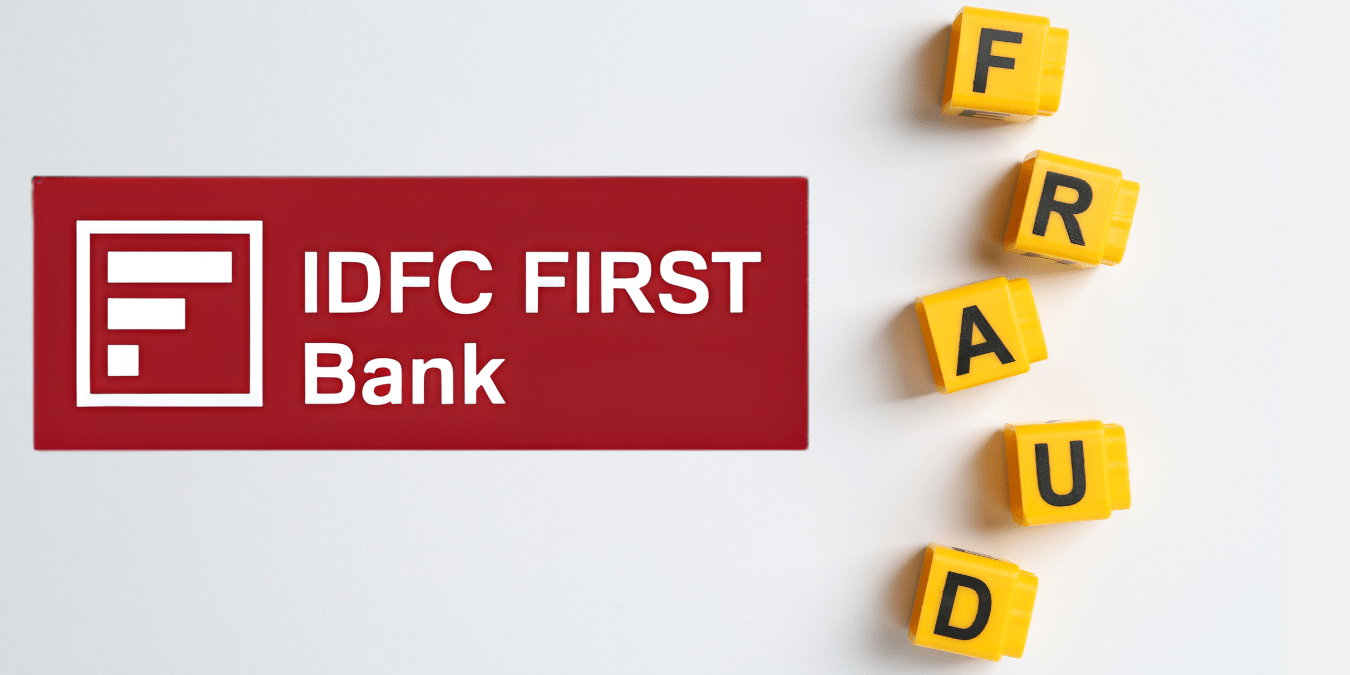
IDFC First Bank Chandigarh Branch Fraud: How Rs 590 Crore Went Missing From Haryana Government Accounts
-
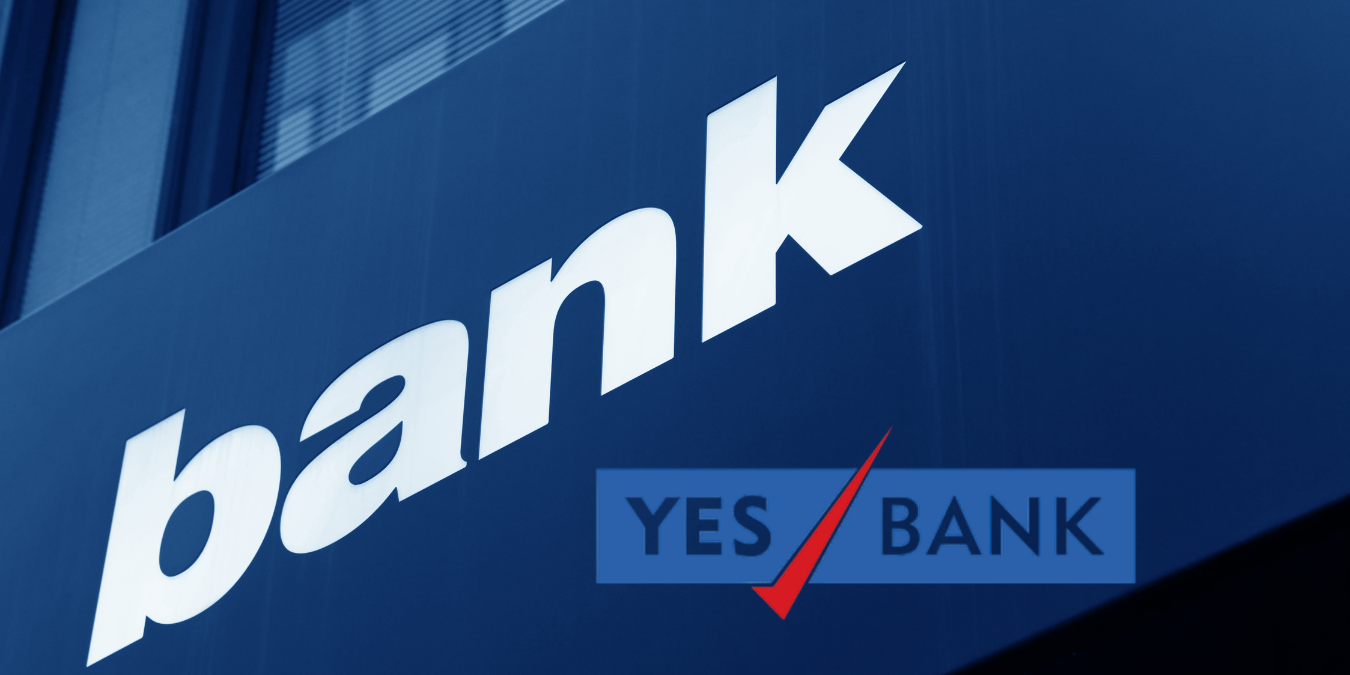
YES Bank Aims for 1% ROA by FY26: Is India’s Most Dramatic Banking Comeback Finally Complete?
-

Grab the Apple MacBook Air M4 at Unbeatable Discounts (February 2026)


